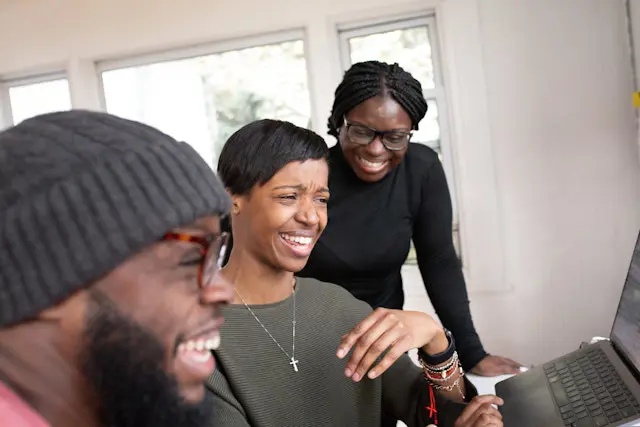Using Theoretical Models to Support Adult Learners in Illinois
 Although identifying adult learners, both who they are and their significance, is an important step, it is only step one. Step two is gaining the know-how to help adult learners experience a smoother, more successful transition from enrollment to end goals such as transfer and job placement. With this in mind, we have gathered common models to help practitioners conceptualize the needs of adult learners and the many roles of the community college alongside them.
Although identifying adult learners, both who they are and their significance, is an important step, it is only step one. Step two is gaining the know-how to help adult learners experience a smoother, more successful transition from enrollment to end goals such as transfer and job placement. With this in mind, we have gathered common models to help practitioners conceptualize the needs of adult learners and the many roles of the community college alongside them.
Stages of the Adult Learner Journey
The Adult Learner Guidebook from the Belk Center for Community College Leadership and Research breaks down the adult-learner journey into three stages and includes policy and practice suggestions for each stage.
The book Counseling Adults in Transition: Linking Schlossberg's Theory with Practice in a Diverse World (4th ed.) proposes that returning or entering college for the first time is a life-course transition. Chapter two provides a model for predicting how transition type and learner backgrounds will affect learners' coping intensity.
Predicting Adult Learner Attrition
The journal article "A Conceptual Model of Nontraditional Undergraduate Student Attrition" models how student background combined with academic and environmental variables shape likelihood of dropout and intent to leave.
Conceptualizing Institutional Policy and Practice for Adult Learners
The book What Matters in College? Four Critical Years Revisited introduces the I-E-O model that shows how institutional inputs, such as policies and programming, and environmental factors, when combined with student attributes, influence student outputs such as skill attainment and social capital.
 Framing the Role of the Practitioners Working with Adult Learners
Framing the Role of the Practitioners Working with Adult Learners
The book Improving Higher Education Environments for Adults: Responsive Programs and Services from Entry to Departure introduces the 4S-asset-and-liability model, showing how each learner brings a unique blend of strengths and weaknesses to the community college, as well as the vulnerabilities community colleges can address through policy, programming and practice.
The book Counseling Adults in Transition: Linking Schlossberg's Theory with Practice in a Diverse World (4th ed.) integrates the 4S-assett-and-liability model with Anderson et al.'s transition theory in chapter three.